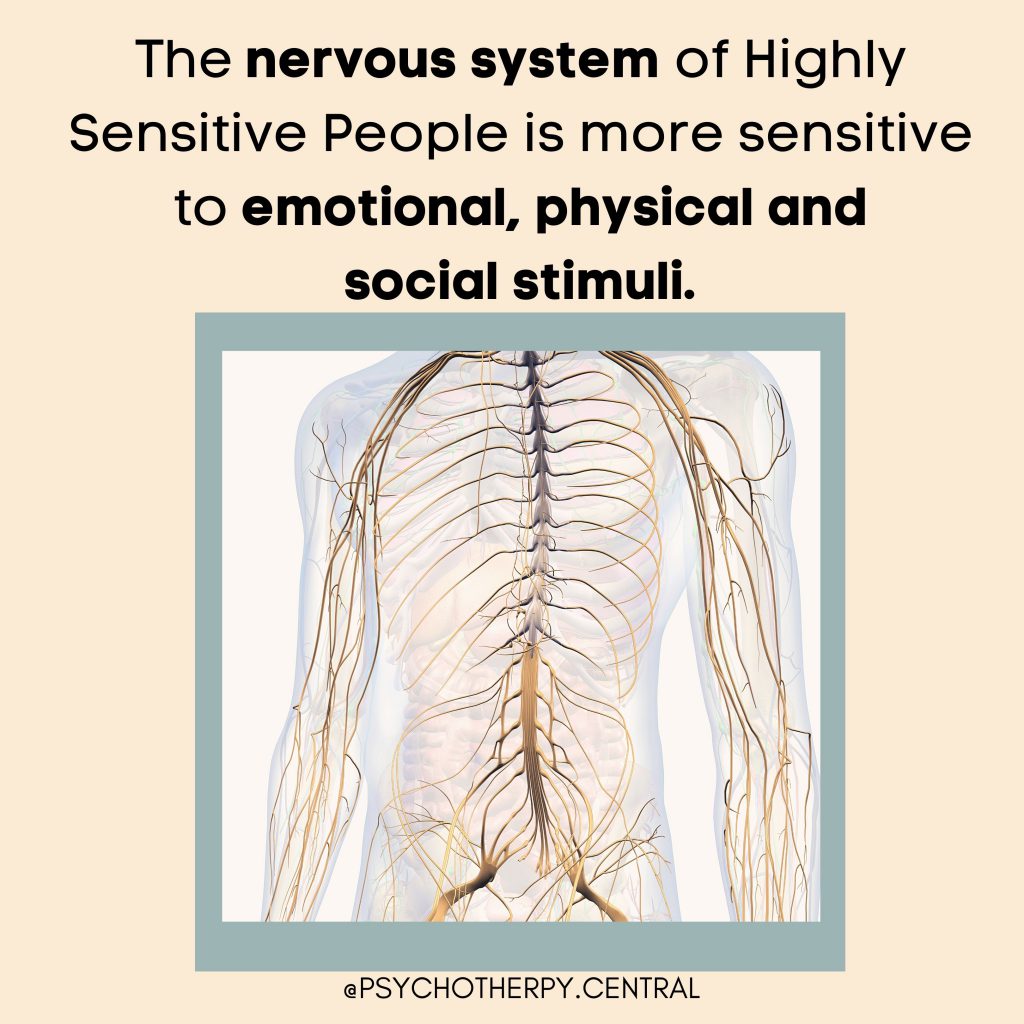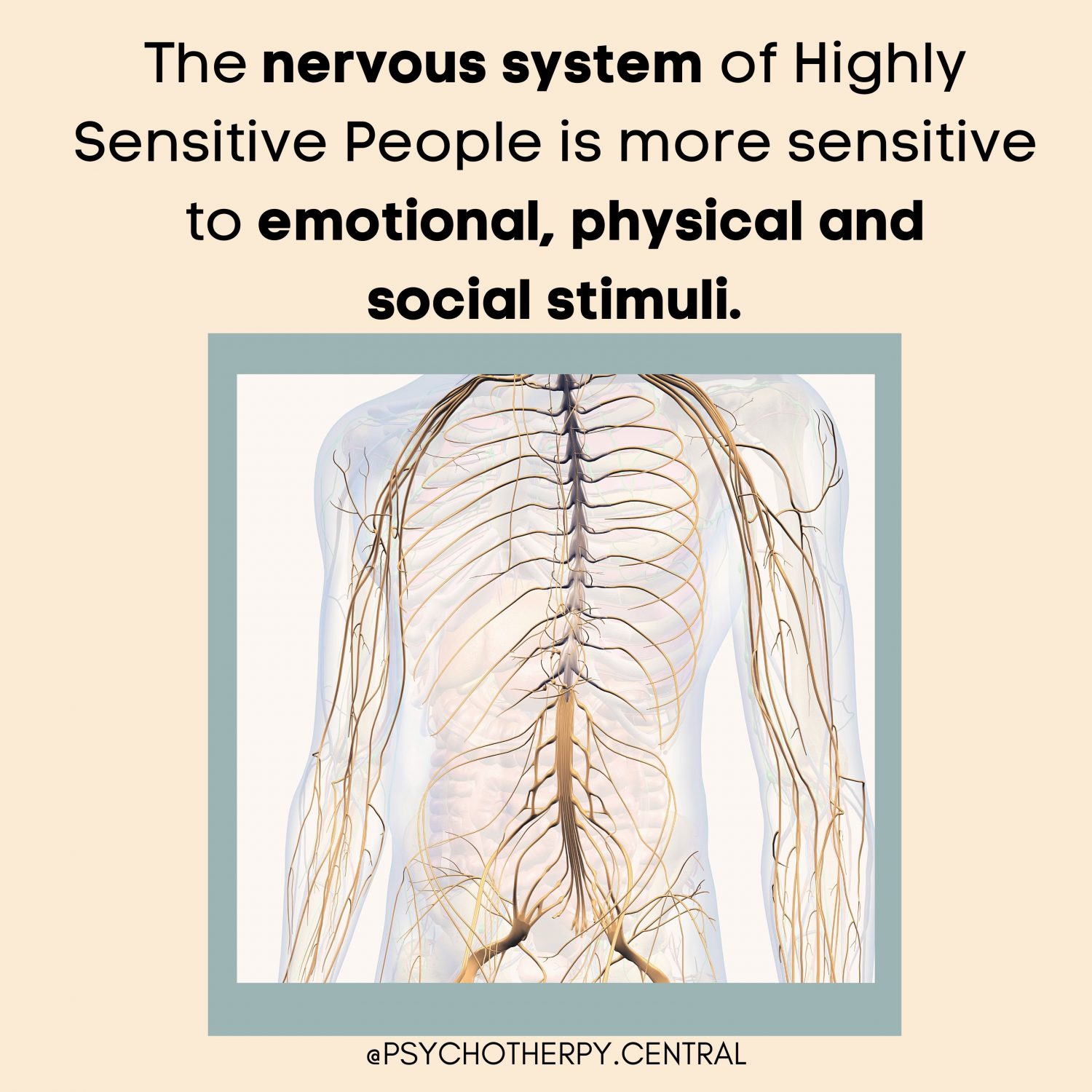The term ‘highly sensitive person’ was first coined in 1996 by Dr. Elaine Aron. Being a highly sensitive person is not a diagnosis, it is a trait that comes from having a sensitive nervous system. It is hereditary and has been validated in several studies.
What is it like to be an HSP?
As an HSP the world can feel overwhelming. Bright lights, loud noises, itchy fabrics can be incredibly disturbing. For me, I have found the subtleties of relationship particularly intense. I have always been hyper aware of other people’s feelings. The tiniest nuance in the face or bodily shift, would seem to reveal to me how someone was feeling, even a stranger across a crowded room. I seemed to be able to scan a room and know which people needed something. Who was feeling uncomfortable, who was a bit drunk, who was flirting with who. In one brief look across a crowded room there was always a lot of information to process.
For non-HSPs this probably sounds ludicrous. But this is how the world has always been for me. Mostly I have learned to balance the intensity out with time alone. I like to go out and have fun, and I LOVE to be alone. When I am alone there is so much less sensory information to have to process.
On the upside, I think being an HSP makes me a better therapist. I am naturally attuned to the subtle shifts in my clients. I am used to receiving and processing a lot of data all at once both verbally and non-verbally.
For me, when I am with a client, I feel like I am listening in multiple ways. I am listening to what is being said, and I am listening to the person’s being. What is their body saying to me, what is their inner child saying, what else is coming through in this moment in other ways?
I wonder how many other people are like this? Does this resonate with you?

Reference: Aron, E. N. (2016). The Highly Sensitive Person. NY, New York; Random House.
Boterberg S, Warreyn P. Making sense of it all: The impact of sensory processing sensitivity on daily functioning of children. Pers Individ Differ. 2016;92(2):80-86. doi:10.1016/j.paid.2015.12.022
Craig AD (2009). How do you feel–now? The anterior insula and human awareness. Nature reviews. Neuroscience, 10(1), 59-70 PMID: 19096369
